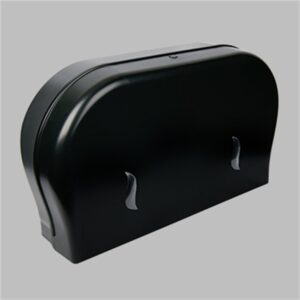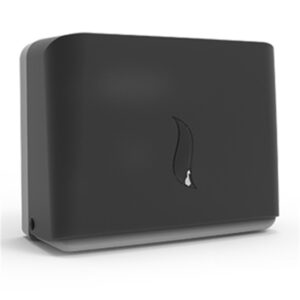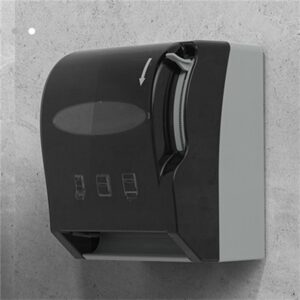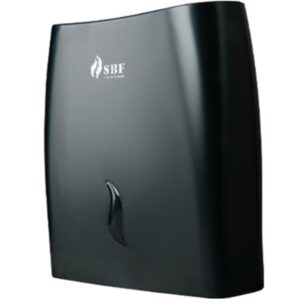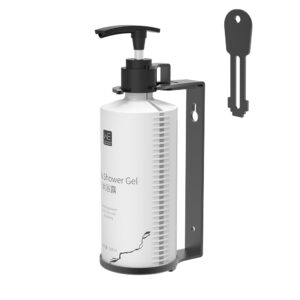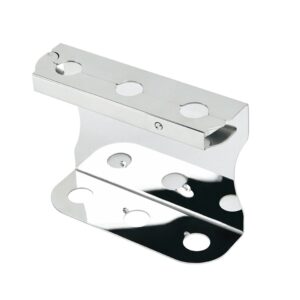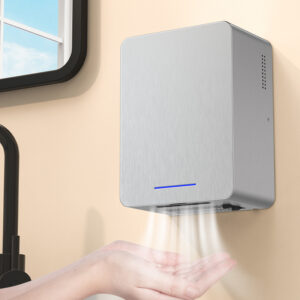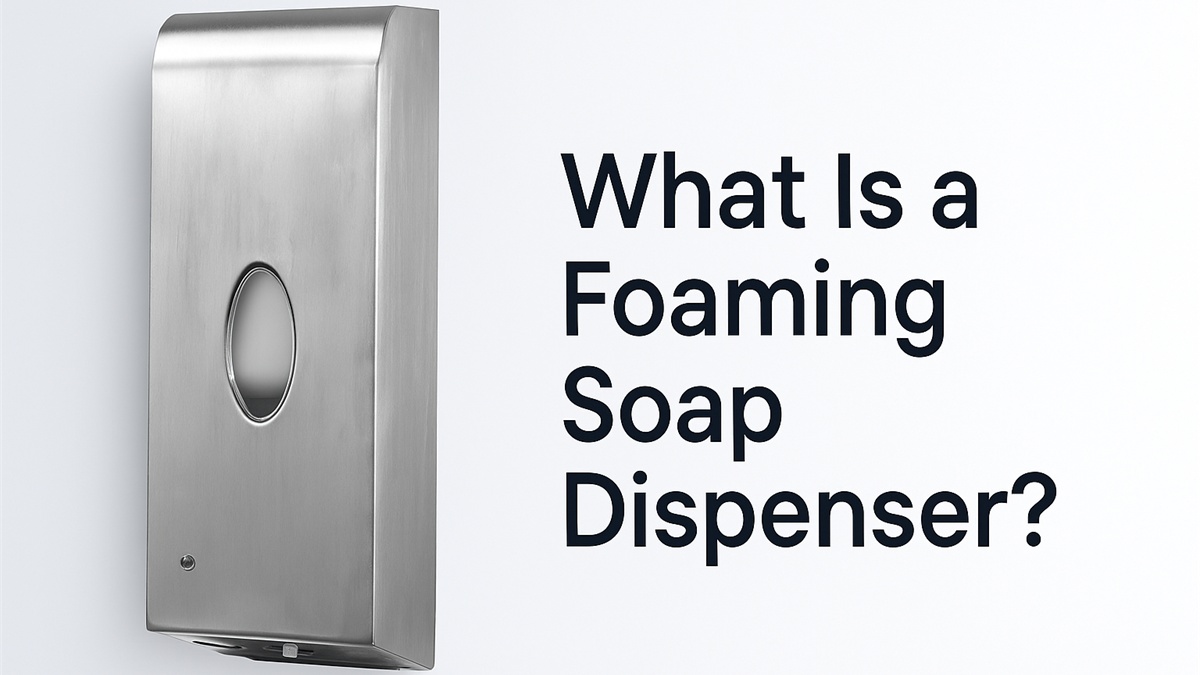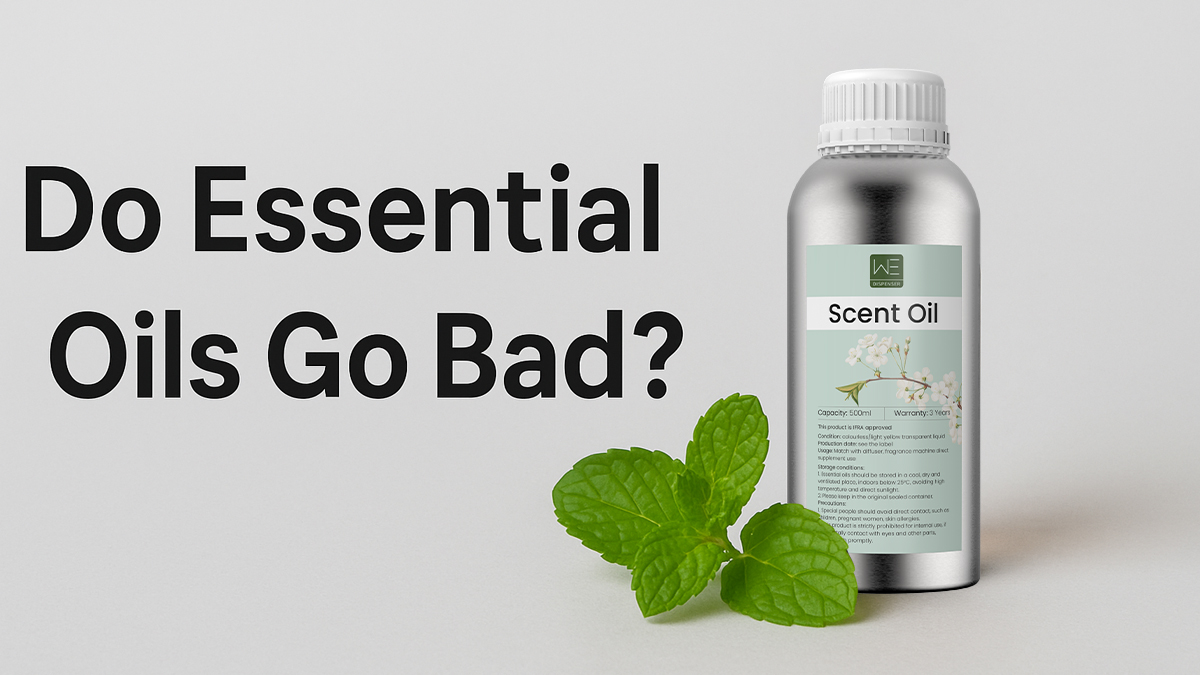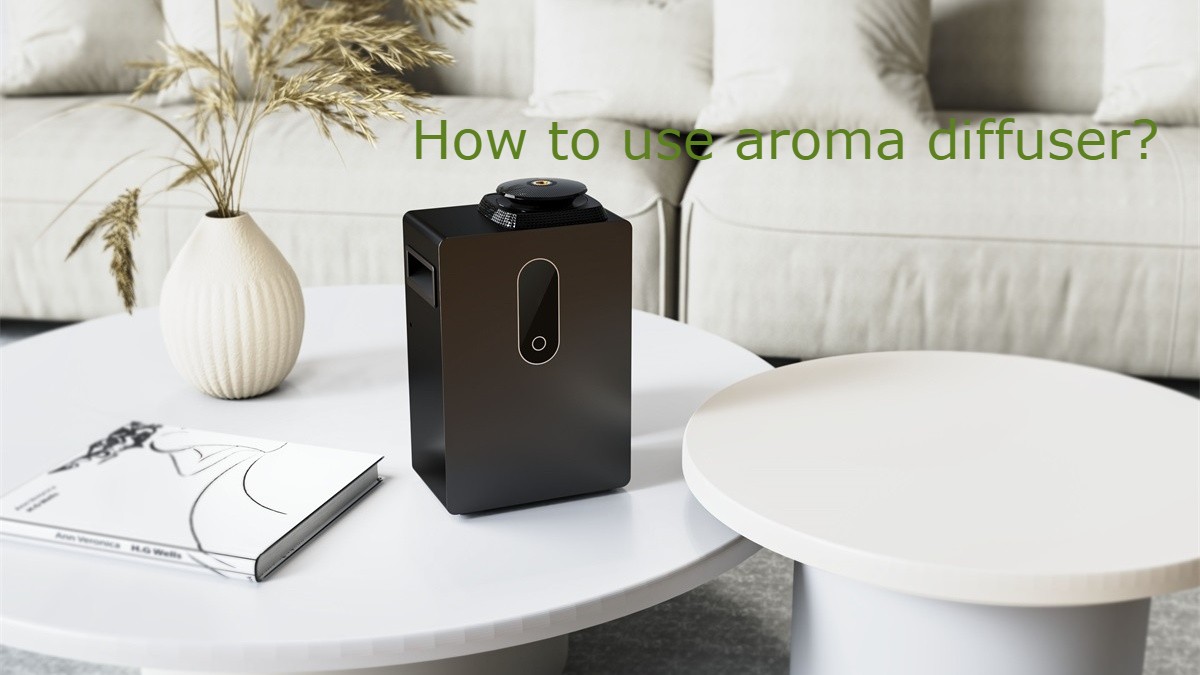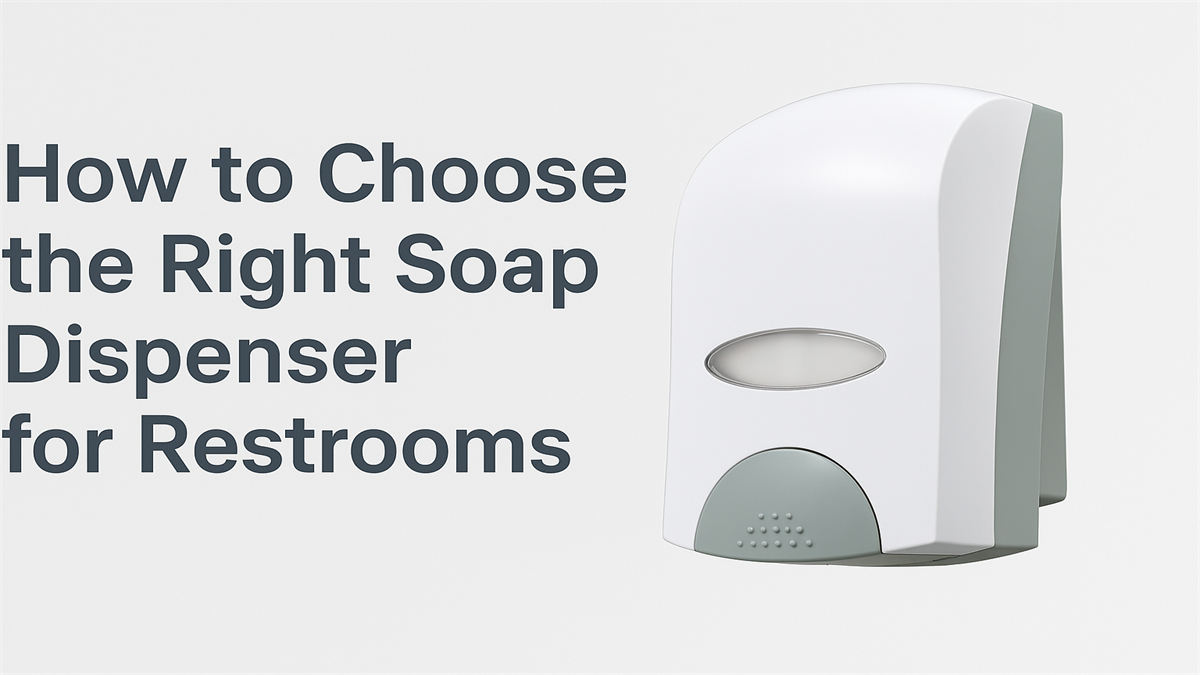Essential oils are widely used in commercial aroma diffusers across hotels, offices, spas, and commercial spaces to create pleasant and relaxing environments. For commercial clients and partners, understanding whether essential oils go bad is crucial for maintaining product quality, fragrance consistency, and long-term usability.
This article focuses on commercial essential oils designed for use in aroma diffusers — helping distributors, wholesalers, and hospitality project buyers understand how to store and manage them properly for consistent performance and long-lasting fragrance quality.
1. What Are Essential Oils for Diffusers?
Essential oils for diffusers are natural aromatic blends extracted from plants through distillation or cold pressing. They are formulated for vaporization in ultrasonic or nebulizing aroma diffusers, releasing scent molecules that spread evenly through the air.
Because these oils are pure and preservative-free, they are sensitive to environmental exposure. Light, heat, and oxygen can gradually change their chemical structure and affect diffusion efficiency.

2. How Long Do Essential Oils Last?
The lifespan of commercial diffuser oils depends on their formulation and storage conditions. On average:
- Citrus-based oils (lemon, orange, grapefruit): 1–2 years
- Floral and herbal oils (lavender, peppermint, eucalyptus): 3–4 years
- Wood, resin, and musk oils (sandalwood, cedarwood, frankincense): 5–8 years
Essential oils high in volatile or unsaturated compounds tend to oxidize faster. For bulk buyers or private-label brands, proper storage and packaging are essential to keeping the scent fresh and consistent during transportation and use.
3. How to Tell If Essential Oils Have Gone Bad
Over time, essential oils may undergo oxidation or degradation, which affects their aroma, color, and diffusion performance. Common signs include:
- Scent alteration: The aroma becomes weak, sour, or slightly metallic.
- Color change: The oil darkens or turns cloudy.
- Texture change: The oil thickens or leaves sticky residue.
- Diffusion issues: The oil may clog diffuser nozzles or reduce mist output.
Using expired oils in diffusers can lead to weaker scent dispersion, machine residue buildup, and reduced customer satisfaction.
4. Factors That Affect Oil Shelf Life
Several factors influence how long commercial essential oils stay fresh:
- Oxygen: Contact with air leads to oxidation.
- Light: UV rays break down aromatic molecules.
- Heat: High temperatures accelerate evaporation.
- Packaging: Plastic or transparent bottles reduce oil stability.
- Contamination: Moisture or impurities can alter the oil’s purity.
To preserve aroma quality, always use dark glass bottles, seal tightly after each use, and store in a cool, dry place.
5. How to Store Diffuser Oils Properly
For distributors, hospitality suppliers, or brand owners managing commercial essential oils, the following practices help extend product life:
- Store in amber or cobalt glass bottles to block UV light.
- Keep containers tightly closed to minimize air contact.
- Maintain a stable storage temperature (15–25°C).
- Avoid frequent opening — use smaller refill bottles for daily operations.
- For bulk or long-term storage, use stainless steel or nitrogen-sealed containers.
Following these methods ensures the oils maintain their scent integrity and perform consistently in diffusers.
6. Why Quality and Manufacturing Standards Matter
For buyers and brand owners, product reliability starts with the right manufacturing partner. Trusted suppliers of commercial essential oils ensure stable scent performance and safety by:
- Using high-purity plant extracts from verified farms.
- Applying controlled distillation and precise temperature management.
- Conducting GC/MS testing to ensure purity and composition.
- Offering custom scent formulation and OEM/ODM packaging options.
- Packing oils under oxygen-controlled environments to prevent early oxidation.
Working with a professional supplier guarantees the oils will diffuse evenly, maintain their aroma profile, and deliver a high-quality scent experience across different environments.
7. Inventory Management Tips for Distributors
If your business imports or distributes diffuser oils, follow these best practices:
- Apply FIFO (First In, First Out) stock rotation.
- Clearly label production and expiration dates.
- Test aroma quality periodically.
- Avoid overstocking fast-oxidizing oils such as citrus blends.
Partner with suppliers offering small-batch or refill production to reduce waste.
Conclusion
Yes, essential oils do go bad — especially when exposed to heat, light, or air for extended periods. But with professional sourcing, quality packaging, and proper storage, their shelf life and diffusion performance can be significantly extended.
As a professional manufacturer and supplier, AOLQ provides high-quality commercial essential oils formulated for aroma diffusers and scent systems. With strict quality control and flexible OEM/ODM customization, AOLQ helps businesses deliver long-lasting, consistent fragrance experiences for hotels, offices, and commercial spaces around the world. Contact us today to learn more about our commercial diffuser oils and customization options.
Explore our range of commercial essential oils below — click each scent to learn more about its unique fragrance profile and specifications.





